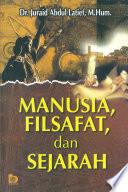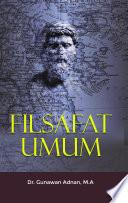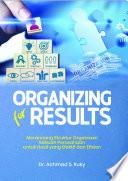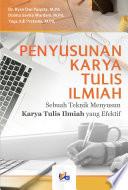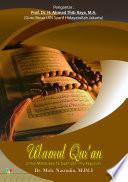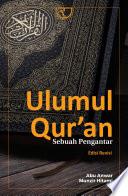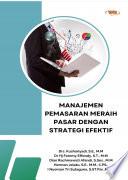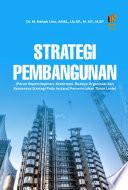
STRATEGI PEMBANGUNAN (Peran Kepemimpinan, Komitmen, Budaya Organisasi dan Konsensus Strategi Pada Instansi Pemerintah Timor Leste)
Buku ini merupakan sumber pembelajaran tentang dinamika strategi pembangunan dan elemen-elemen utama yang mempengaruhinya. Pembaca akan diarahkan pada eksplorasi mendalam tentang bagaimana kepemimpinan, dedikasi, budaya organisasi, dan konsensus strategis memainkan peranan penting dalam mewujudkan tujuan pembangunan berkelanjutan Timor-Leste. Serta menggali secara mendalam bagaimana elemen-elemen saling berinteraksi memengaruhi pembangunan. Buku referensi ini akan memberikan wawasan dan pengetahuan berharga bagi mereka yang tertarik dalam perumusan dan fasilitasi strategi pembangunan yang efektif dalam berbagai situasi. Serta menawarkan jalan potensial bagi penelitian ilmiah yang menyangkut berbagai aspek, seperti nilai efektivitas, efisiensi, fungsionalitas, legalitas, ekspor impor, produktivitas, akses masyarakat, angka harapan hidup, kualitas pendidikan, penciptaan lapangan kerja, dan diversifikasi ekonomi, khususnya berkaitan dengan negara-negara berkembang seperti Timor Leste.
- ISBN 13 : 6238433108
- ISBN 10 : 9786238433100
- Judul : STRATEGI PEMBANGUNAN (Peran Kepemimpinan, Komitmen, Budaya Organisasi dan Konsensus Strategi Pada Instansi Pemerintah Timor Leste)
- Pengarang : Dr. M. Nahak Lino, AMKL, Lic.SP., M. AP., M.SP,
- Kategori : Medical
- Penerbit : MEGA PRESS NUSANTARA
- Bahasa : id
- Tahun : 2023
- Halaman : 172
- Google Book : https://play.google.com/store/books/details?id=76PoEAAAQBAJ&source=gbs_api
-
Ketersediaan :
... Organisasi Strategi Organisasi Terhadap Kinerja Karyawan. Tarigan, S. (2013). Kecepatan dan Konsensus dalam ... pada bank bjb syariah). Ekobisman- jurnal ekonomi bisnis dan manajemen, 6(3), 235-252. Wargadinata, E. L. (2017) ...

